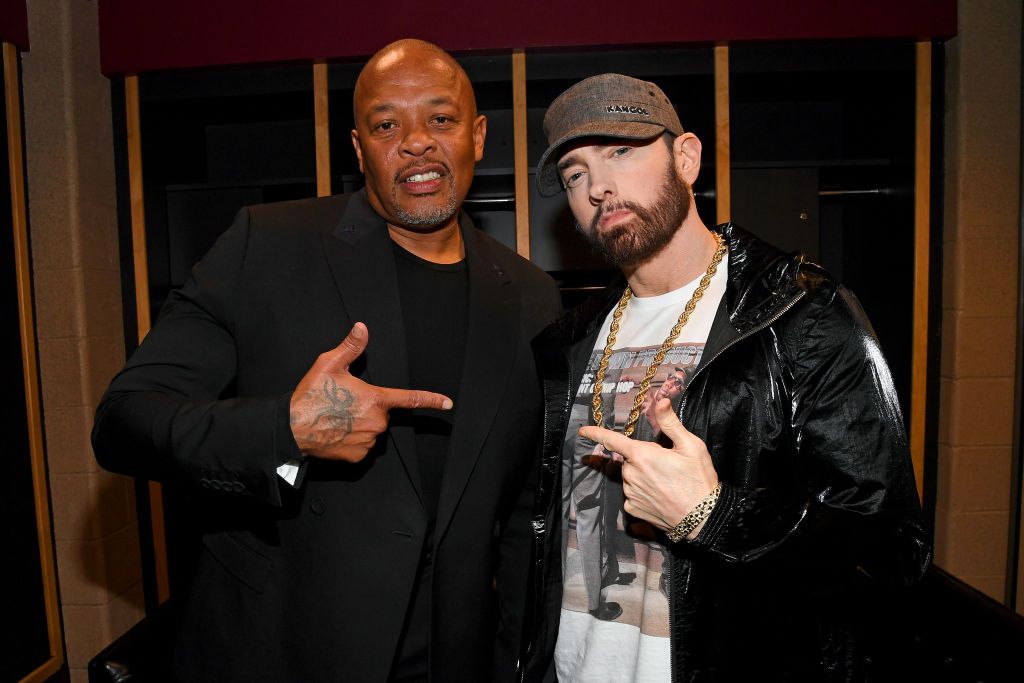Eminem, the self-proclaimed Rap God, is known for his brutal honesty and hard-hitting lyrics. However, there is one song from his past that the rapper regrets ever writing and performing
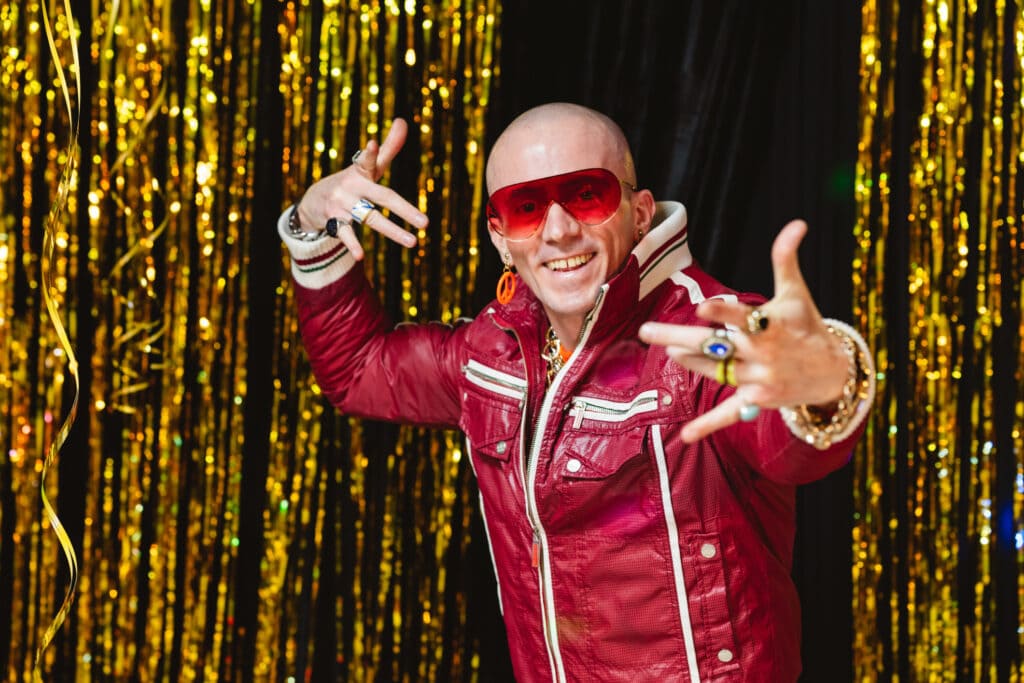
He has made a bold statement that Eminem can’t be considered the greatest rapper of all time because he’s white. Yes, because he’s white.

This statement has sparked fire and controversy all over social media. People are questioning, arguing, and debating, but hey, isn’t that what makes X so fun?
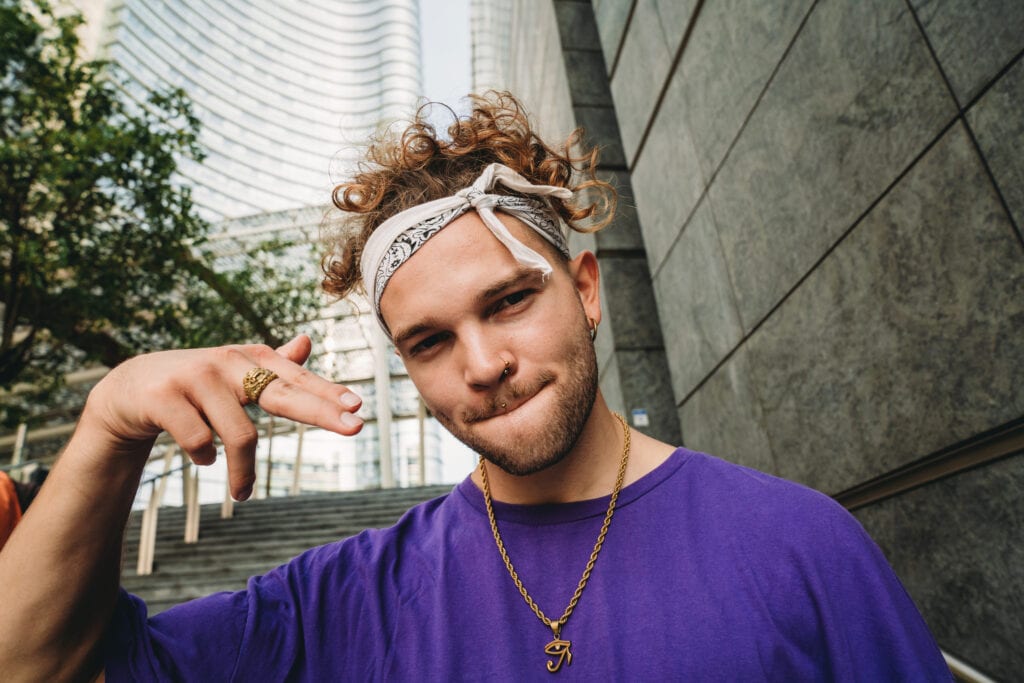
The discussion about why white rappers are not accepted in hip hop is a minefield of cultural analysis that makes your brain do somersaults.
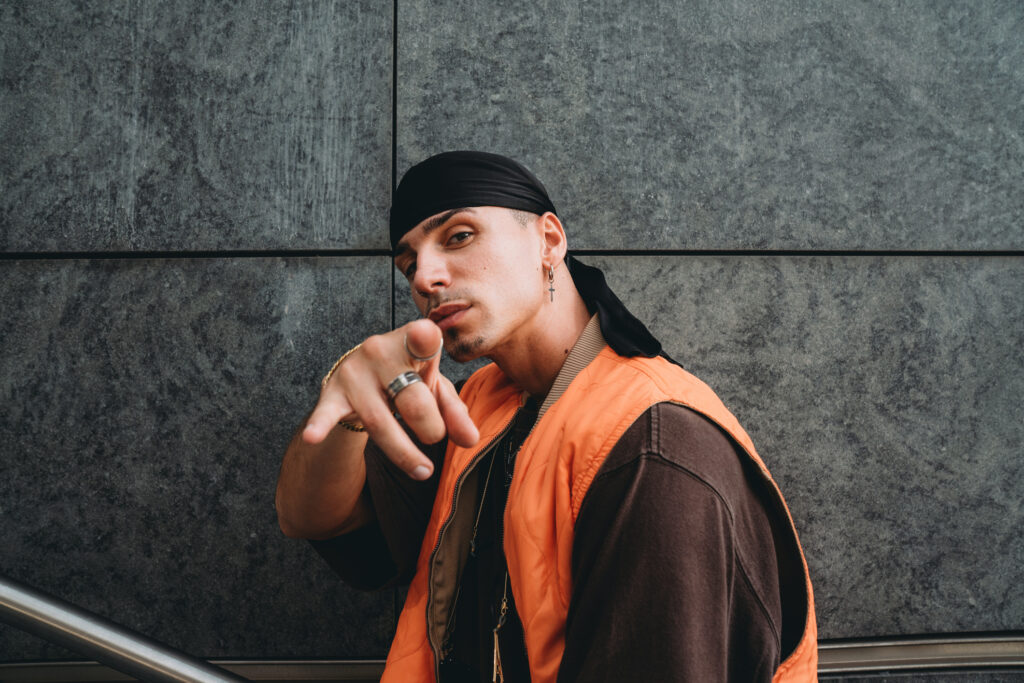
It’s a conversation that opens up the Pandora’s box of race, privilege, authenticity, and appropriation.
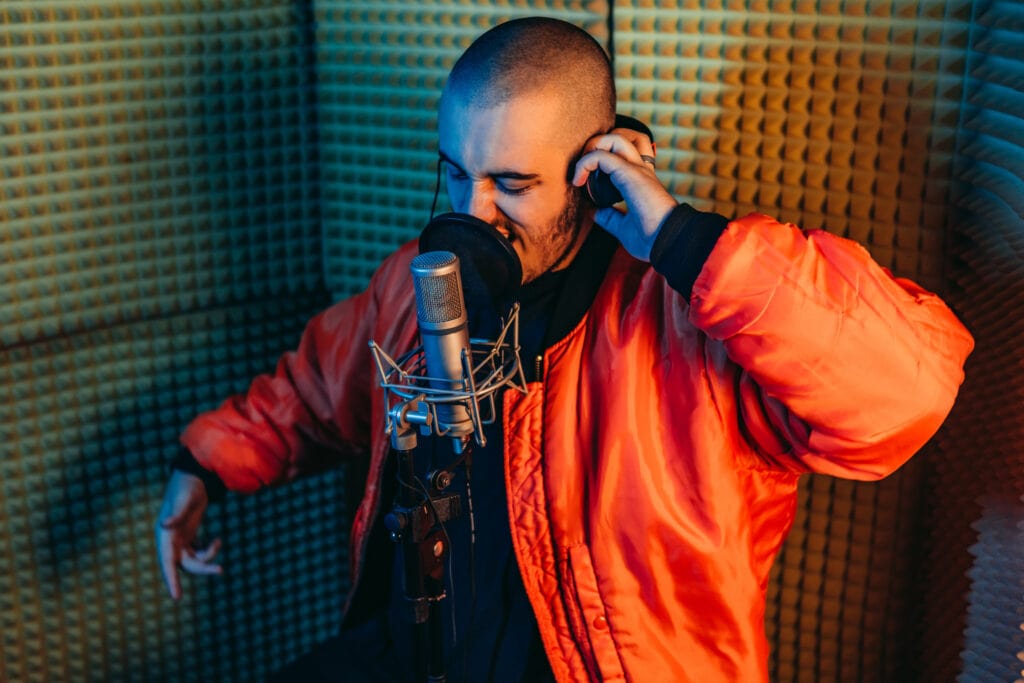
So, let’s jump right into it and dissect why white rappers are often not accepted in the hip hop community.

First off, let’s acknowledge the elephant in the room: hip hop was born out of the African American experience in the United States.

It emerged as a form of musical expression that encapsulated the struggles, the pain, the resilience, and the triumphs of black communities.
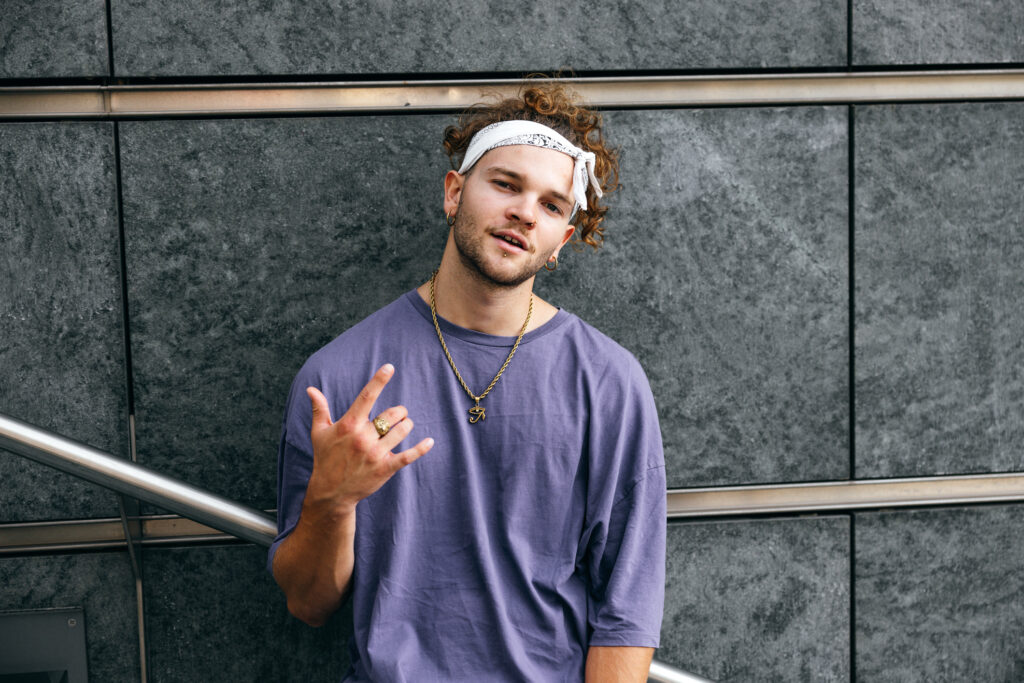
It was their voice, their protest, their storytelling medium. So when a white rapper steps into this space, it can sometimes be seen as an intrusion or an attempt to co-opt a culture they have not lived or experienced.
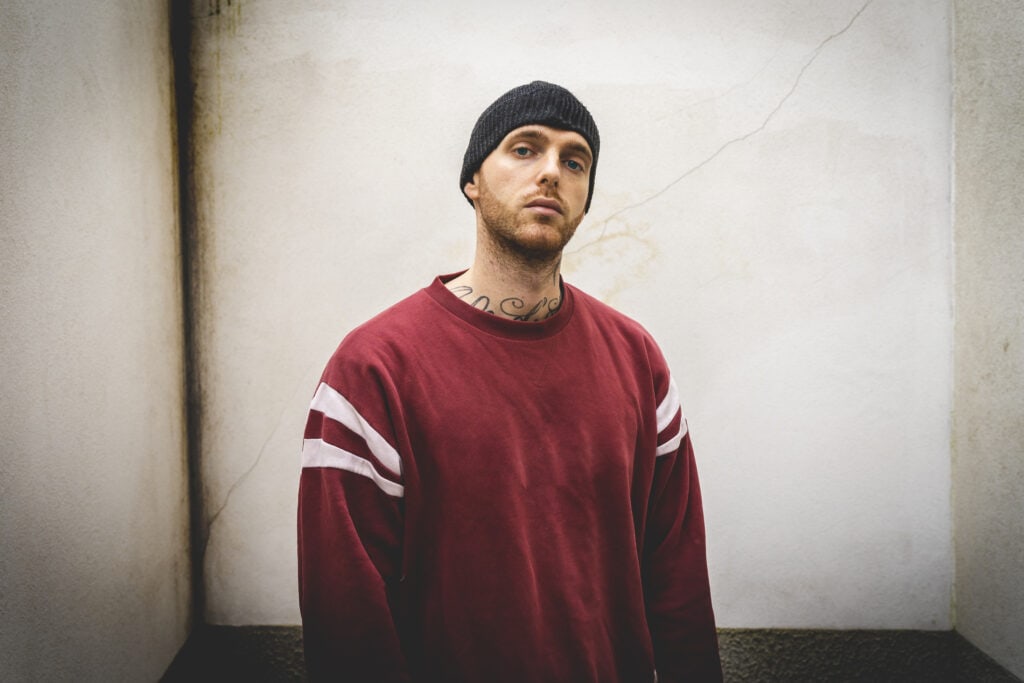
Music is universal and should have no barriers. But here’s the rub – there’s a thin line between appreciation and appropriation.

When a white rapper adopts elements of black culture without understanding or respecting its roots – say, Justin Timberlake wearing cornrows – it can come off as insincere or exploitative.
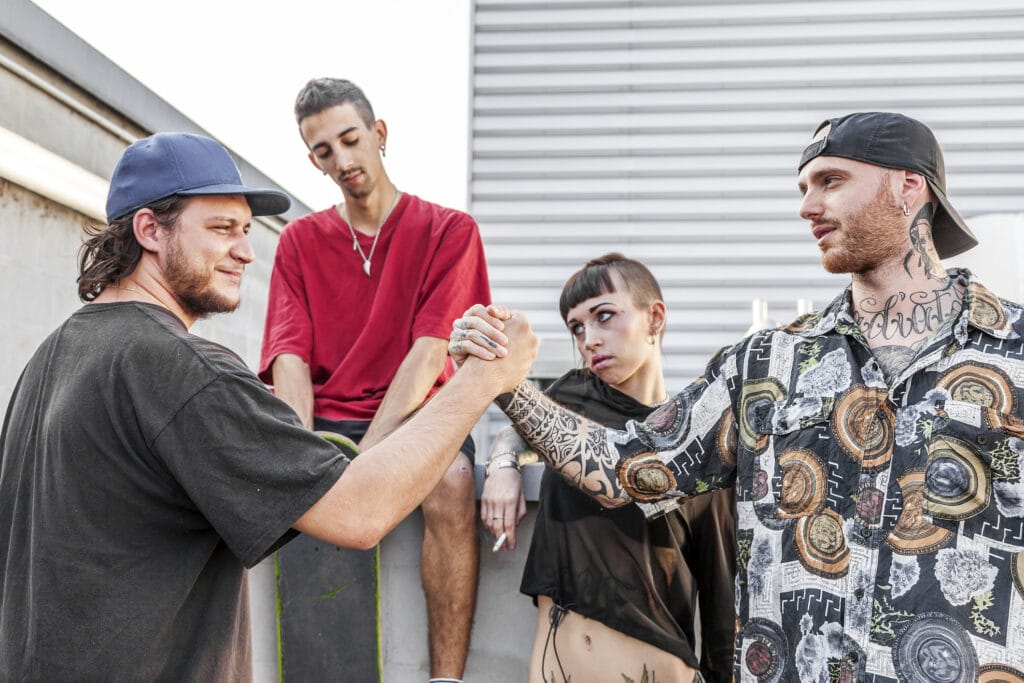
And that’s exactly why some white rappers are not accepted in hip hop; they’re seen as tourists rather than genuine contributors.

Another factor to consider is privilege. As a white rapper, it is often said that they have certain societal advantages that their black counterparts do not.
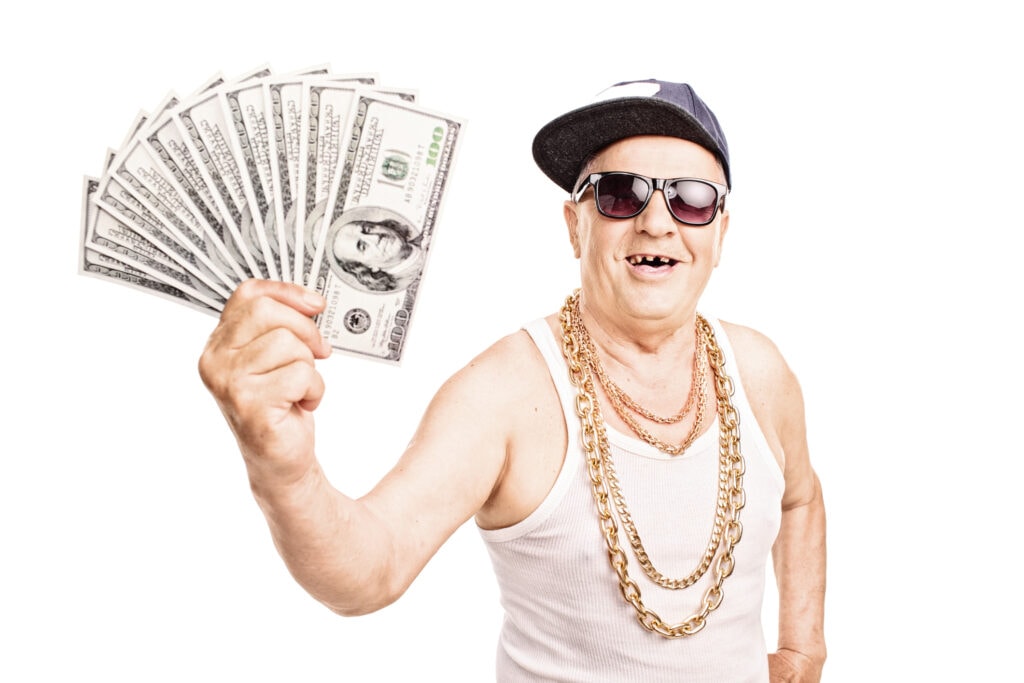
They’re less likely to be subjected to systemic racism or police brutality – key themes that hip-hop often addresses.

So when they spit bars about these experiences without having lived them , it strains credibility and can feel disingenuous.
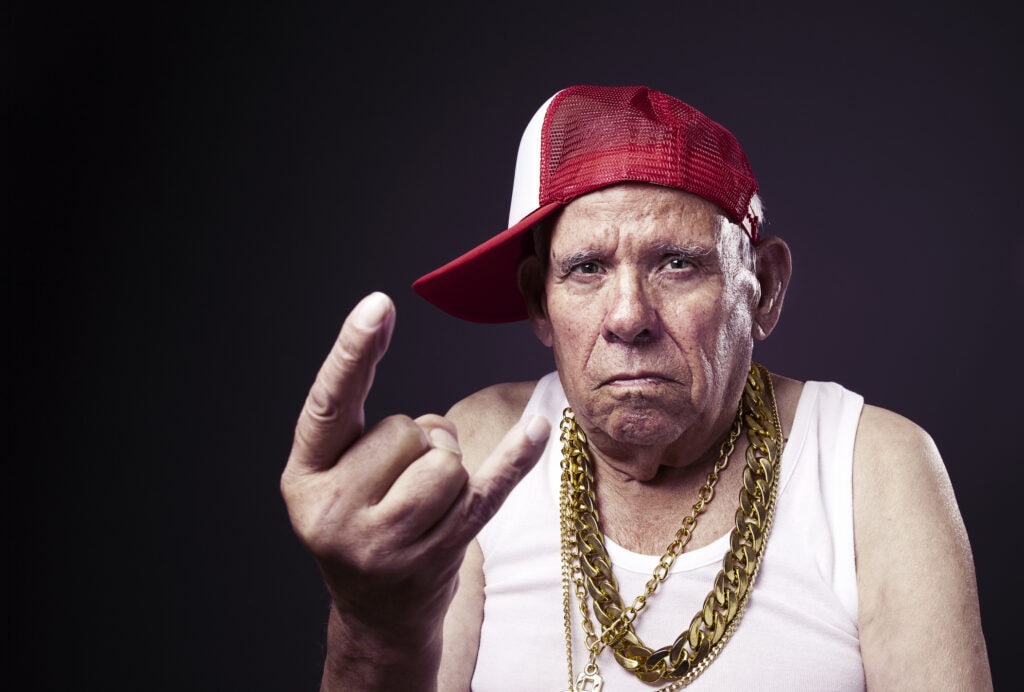
It’s about being true to who you are and where you come from.
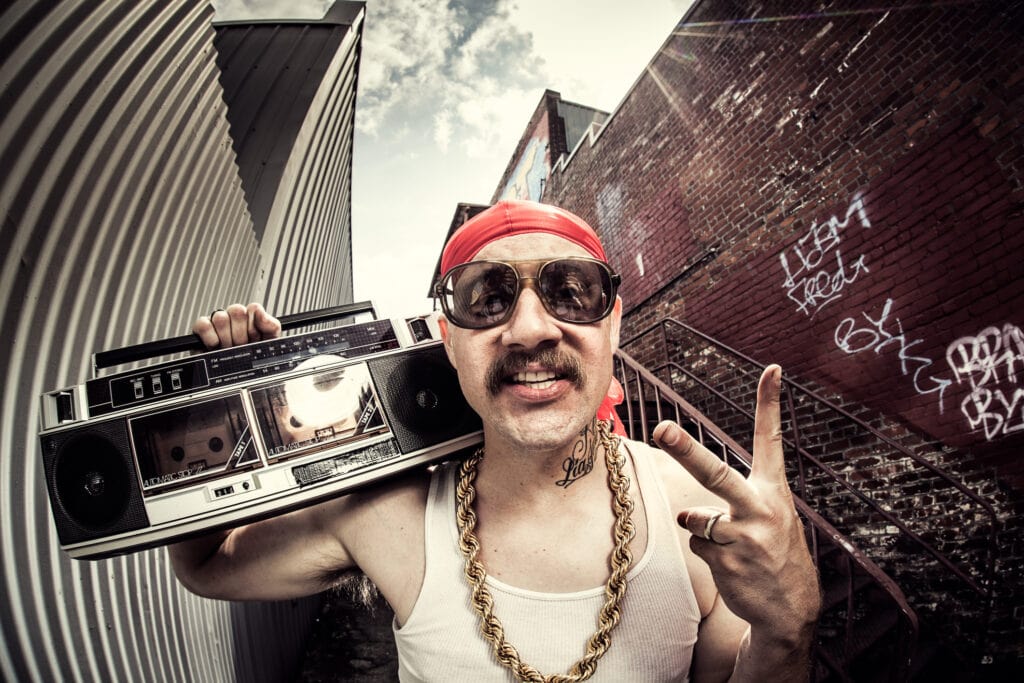
So when a white rapper tries to adopt a persona or lifestyle that isn’t true to their own experiences, it’s easy for listeners to detect that dissonance. They’re likely to be met with skepticism and resistance from both fans and fellow artists.
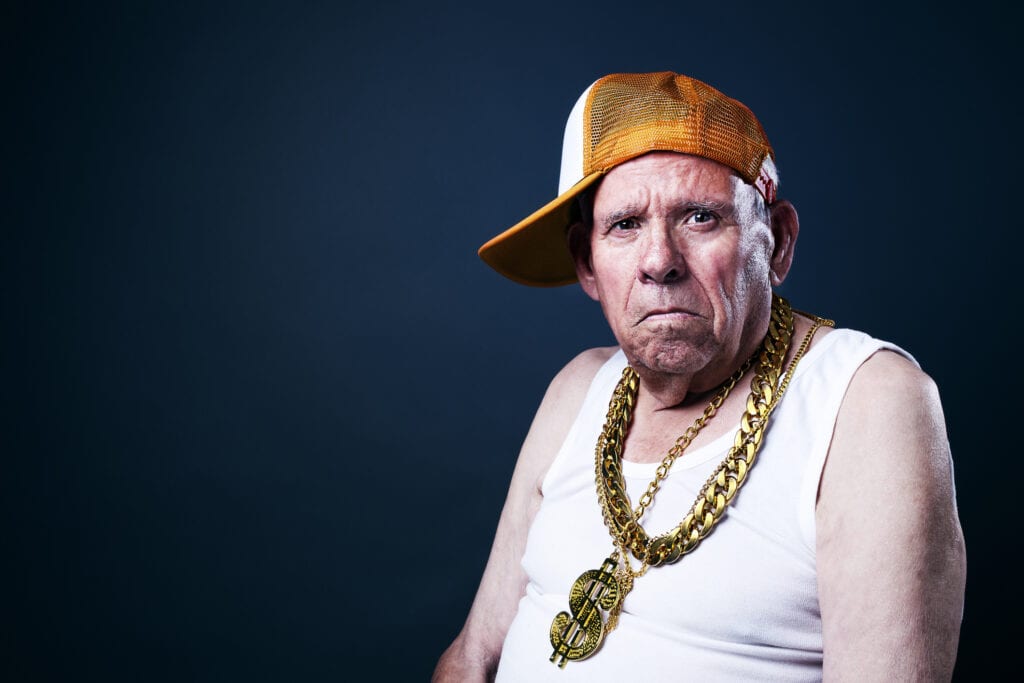
But let’s end on a high note! There are white rappers who’ve managed to gain respect within the hip hop community – think Eminem or Macklemore.
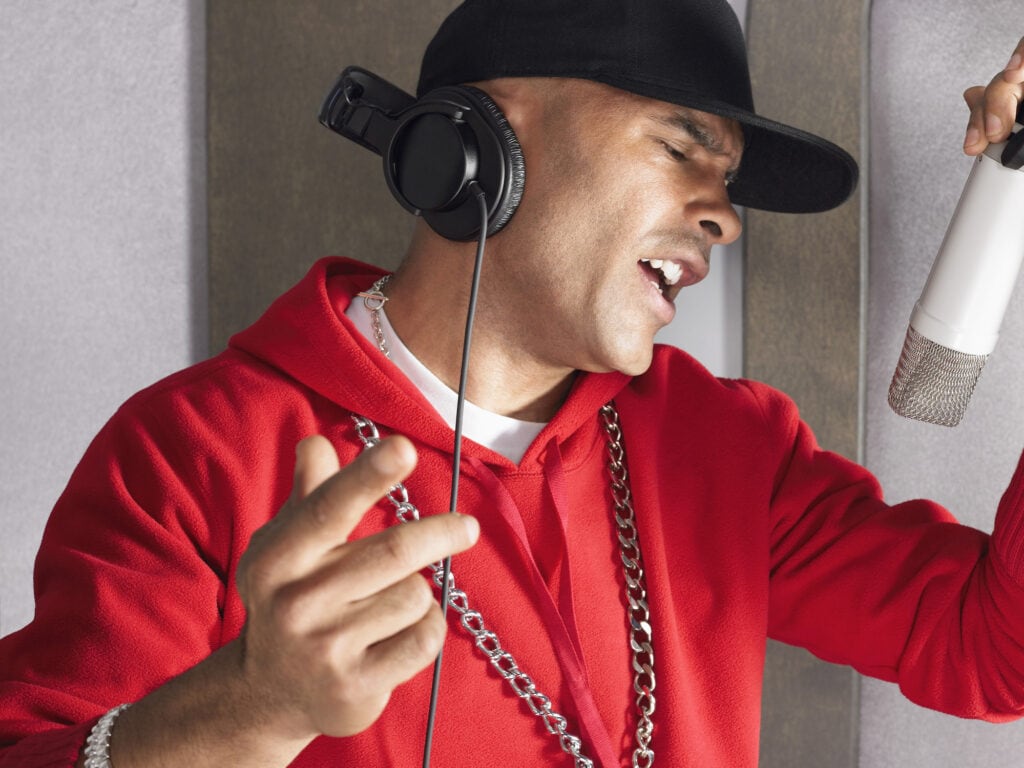
They’ve done so by acknowledging their privilege, respecting the culture, and focusing on their own unique narratives. They’re proof that acceptance isn’t about color; it’s about authenticity and respect.
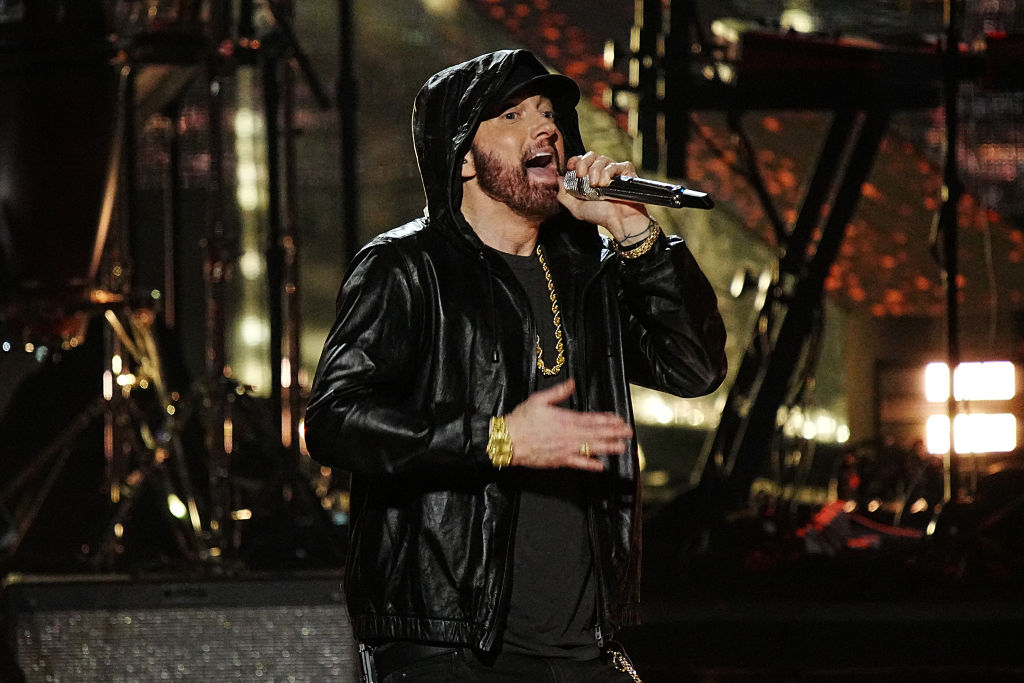
But Dr. Umar Johnson is now getting backlash for saying Slim Shady can’t be one of the greats.
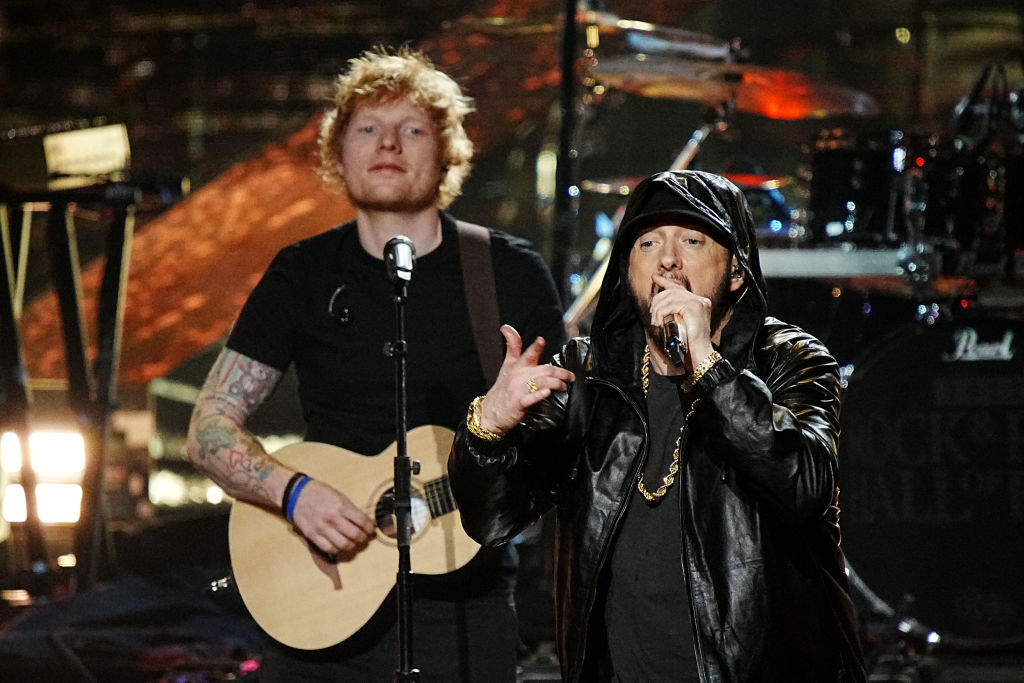
This statement is not just about Eminem or Dr. Umar Johnson; it’s about the bigger picture – race.
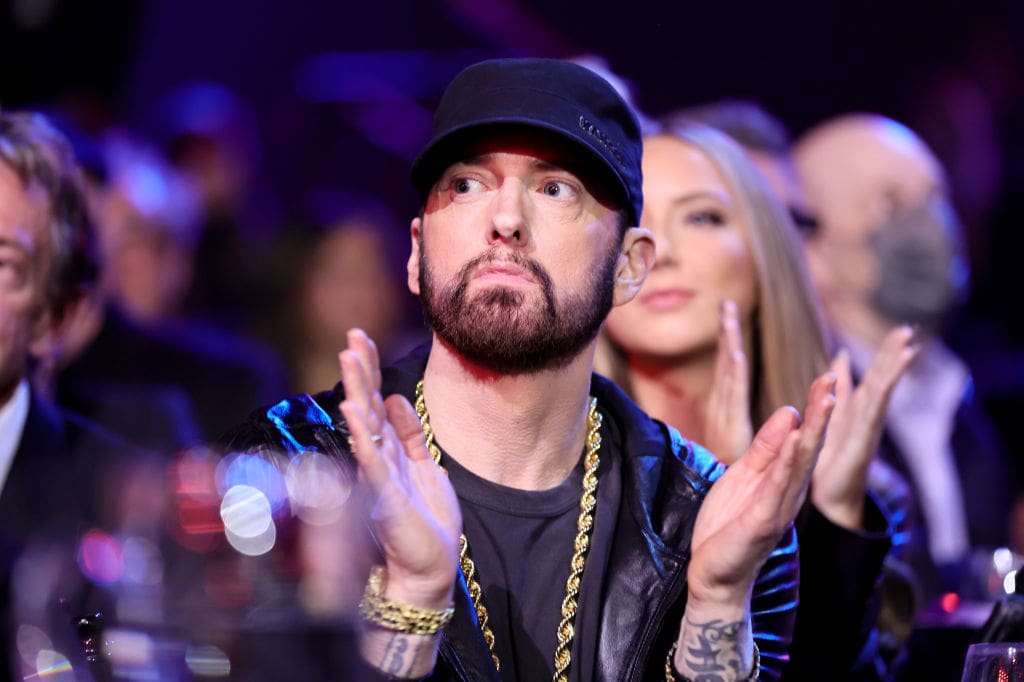
Race has been a sensitive and controversial topic not just in music but in every field and aspect of life. It’s been a significant factor in defining people’s identity and roles in society.
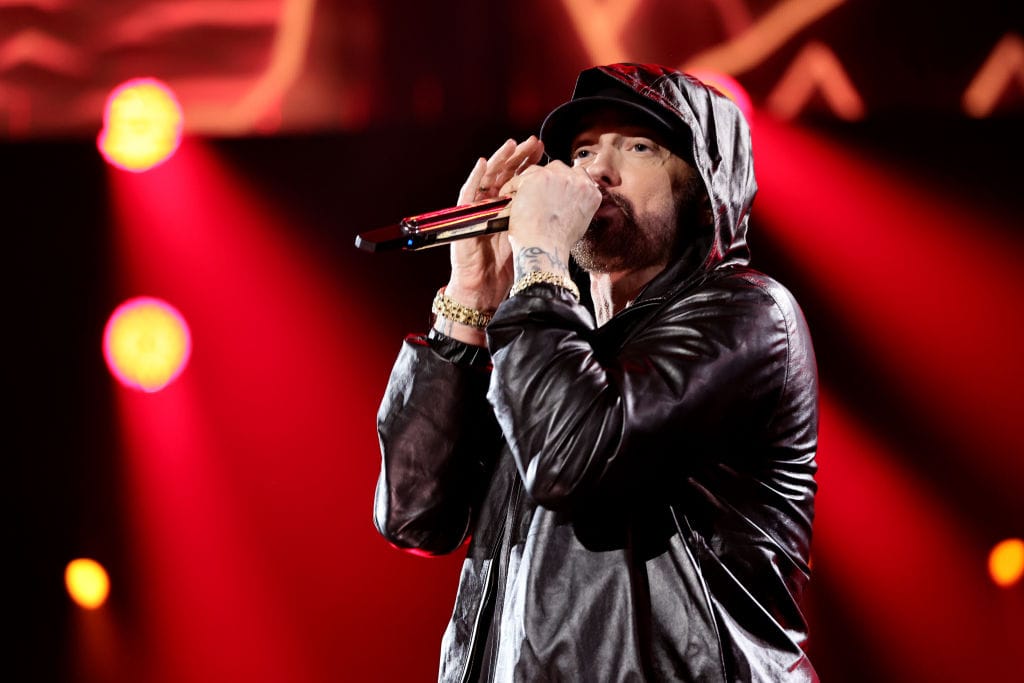
And now, it seems to have sneaked its way into Johnson’s interview on Joe Budden’s The Joe Budden Podcast.
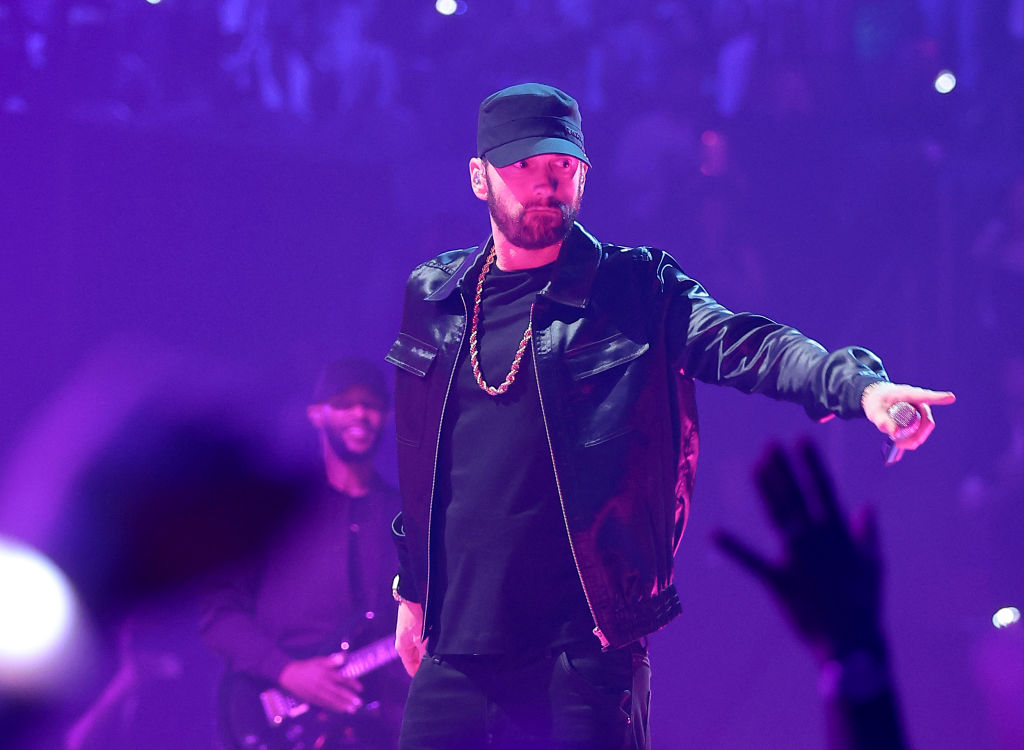
But does race really determine the greatness of an artist? Shouldn’t talent, skills, creativity, and impact on the audience be the determining factors?
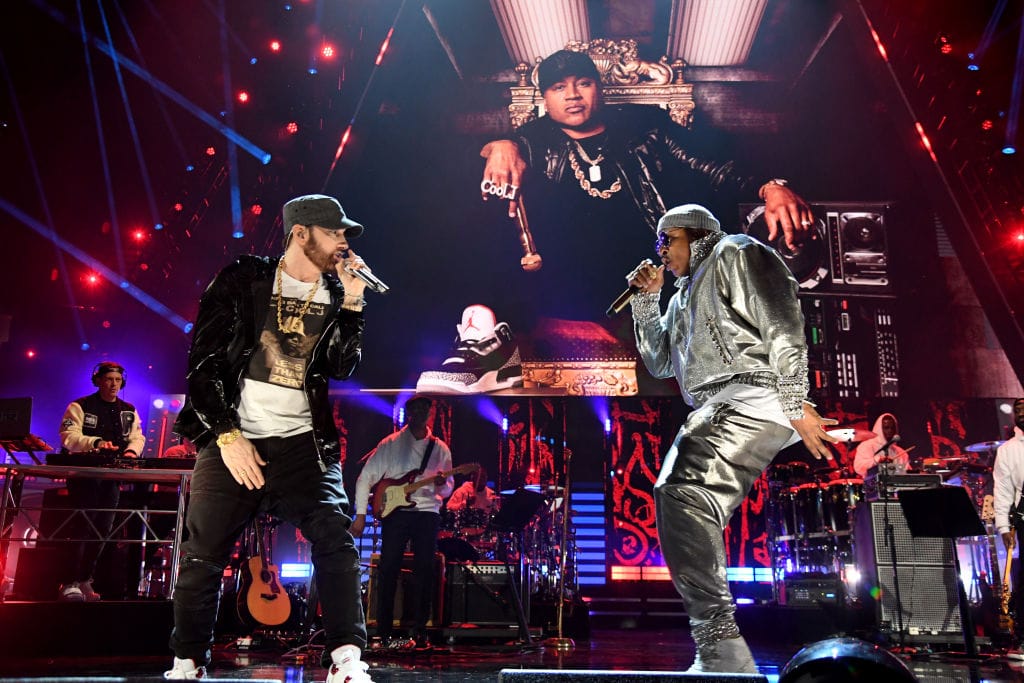
“Eminem has all the privileges of a white male and all the privileges of being in the hip hop community, so we got to be careful about letting non-africans into our community,” Johnson said.
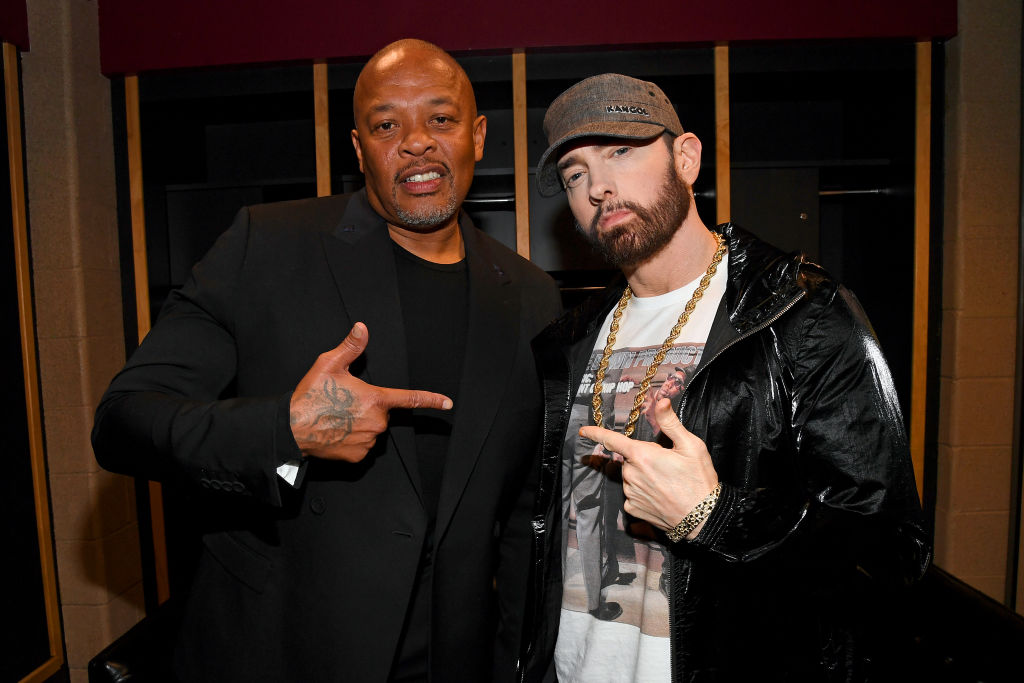
When Budden disagreed his guest, saying, “I don’t like that. You don’t think Eminem is one of the greatest rappers of all time?” Johnson was quick to fire back.
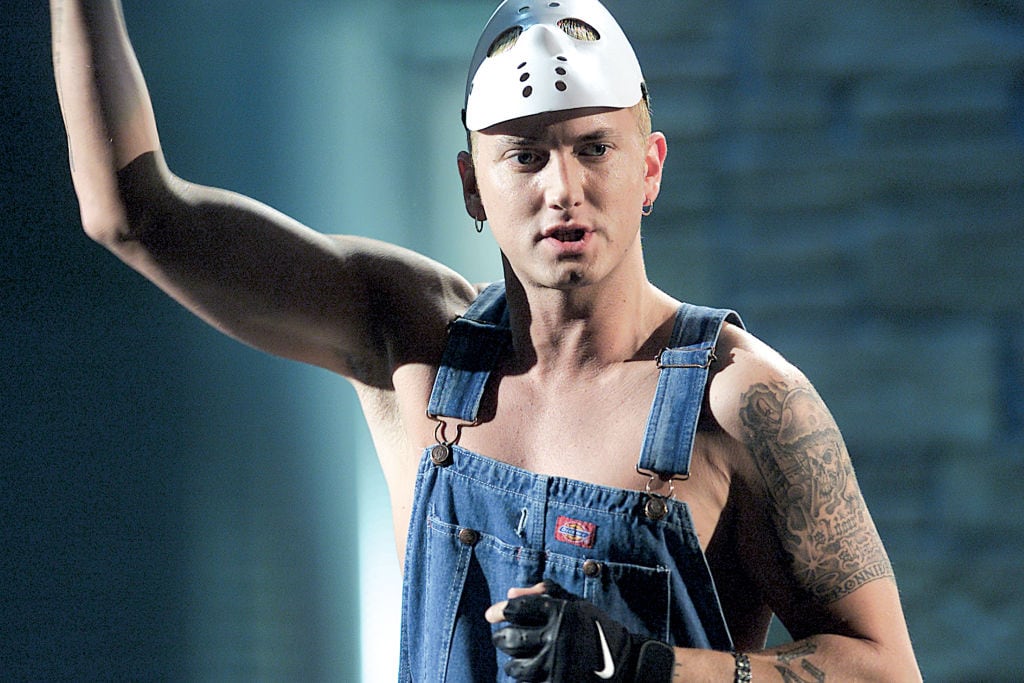
“According to who?” he said, prompting Budden to respond, “According to rap fans?”
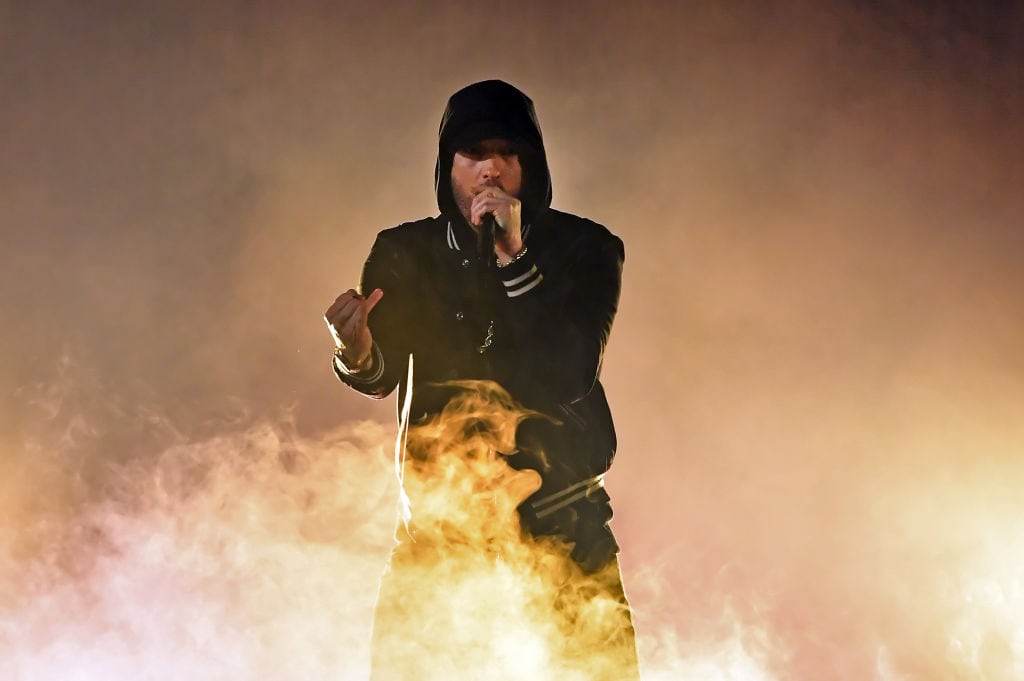
“No non-African can ever be the best of anything African,” Johnson added. “It’s an insult to the ancestors. It’s an insult to the race and it’s an insult to every Black person.”
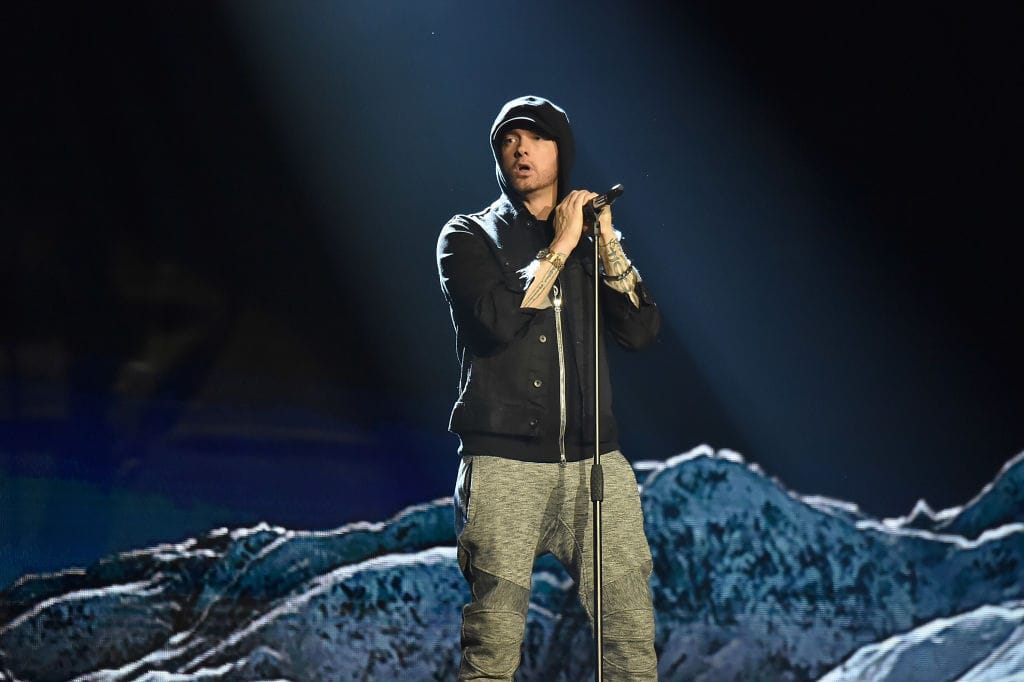
Eminem is an icon who has undoubtedly redefined rap music. He has given us some of the greatest hits of all time like ‘Lose Yourself’, ‘Stan’, ‘The Real Slim Shady’, and many more.
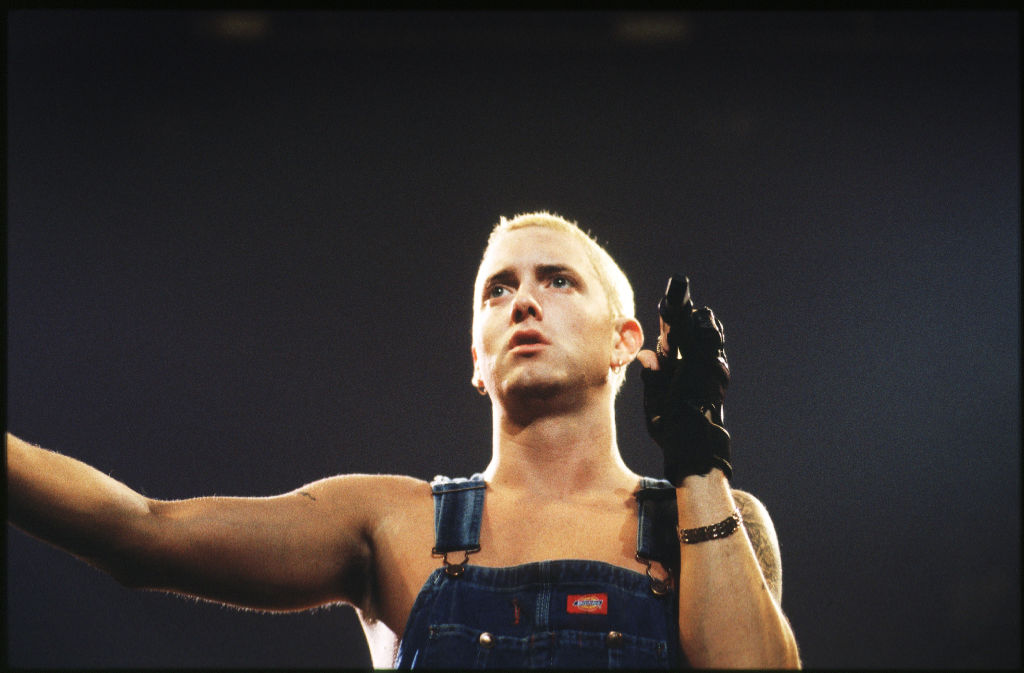
His lyrics are raw, real, and relatable. He raps about his life experiences, struggles, pain; he raps about reality.
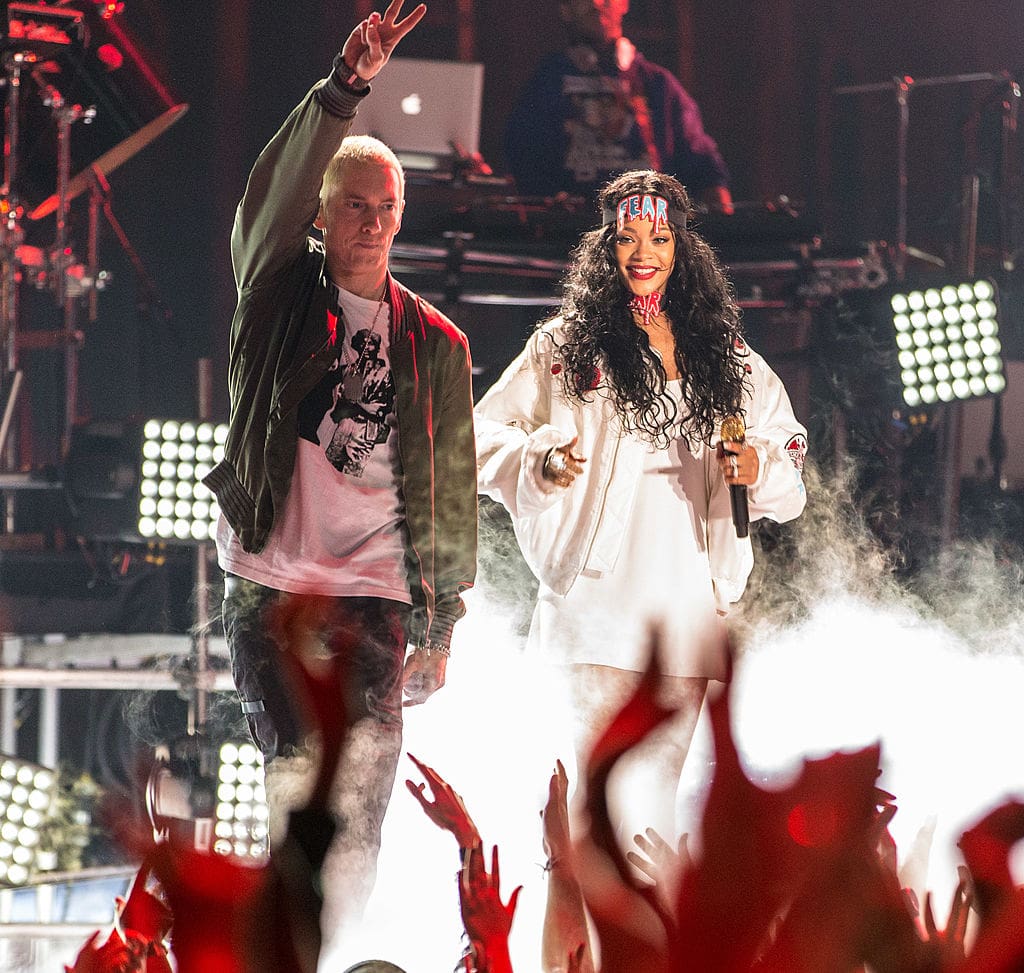
His songs have not only topped the charts but have also touched millions of hearts worldwide. Now let’s talk about Dr. Umar Johnson.
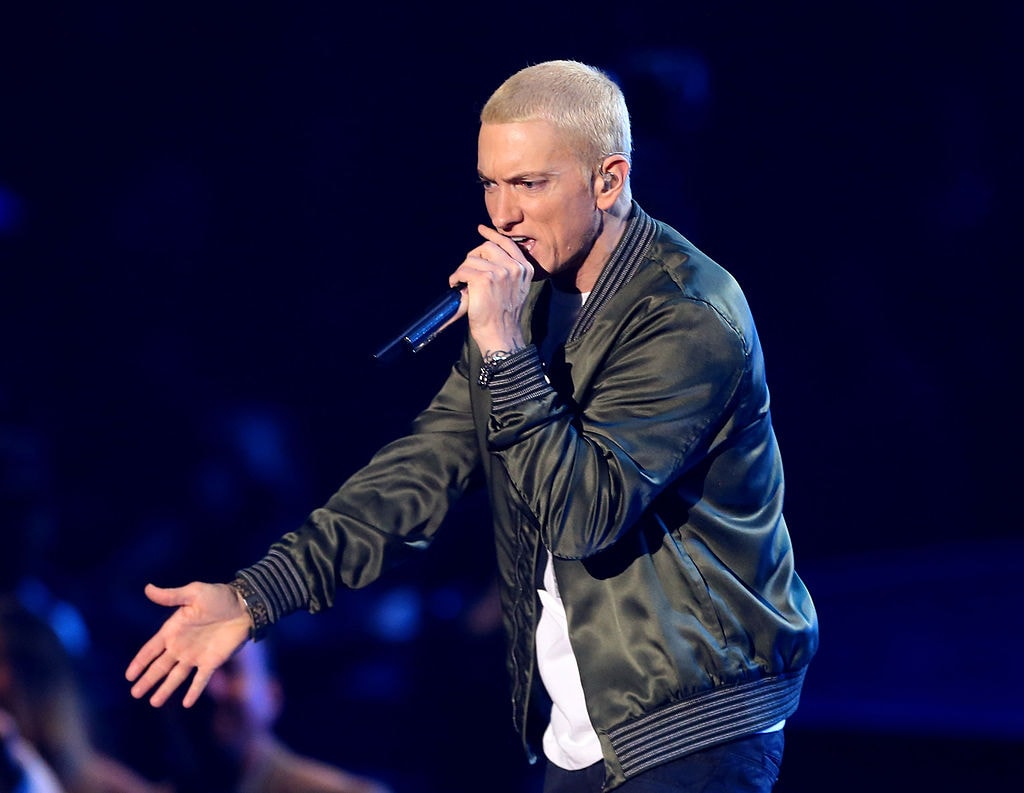
He’s not just any critic; he’s a controversial online figure who has been vocal about various social issues, especially concerning the African-American community.
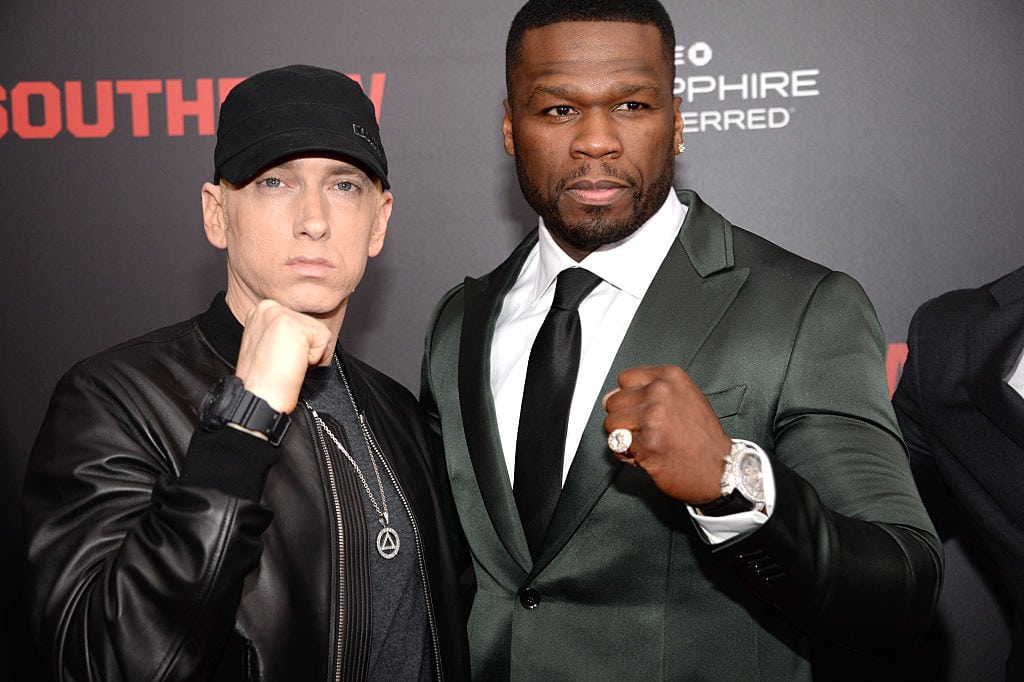
His words carry weight and influence. But his statement about Eminem not being the greatest rapper because of his race has divided opinions.
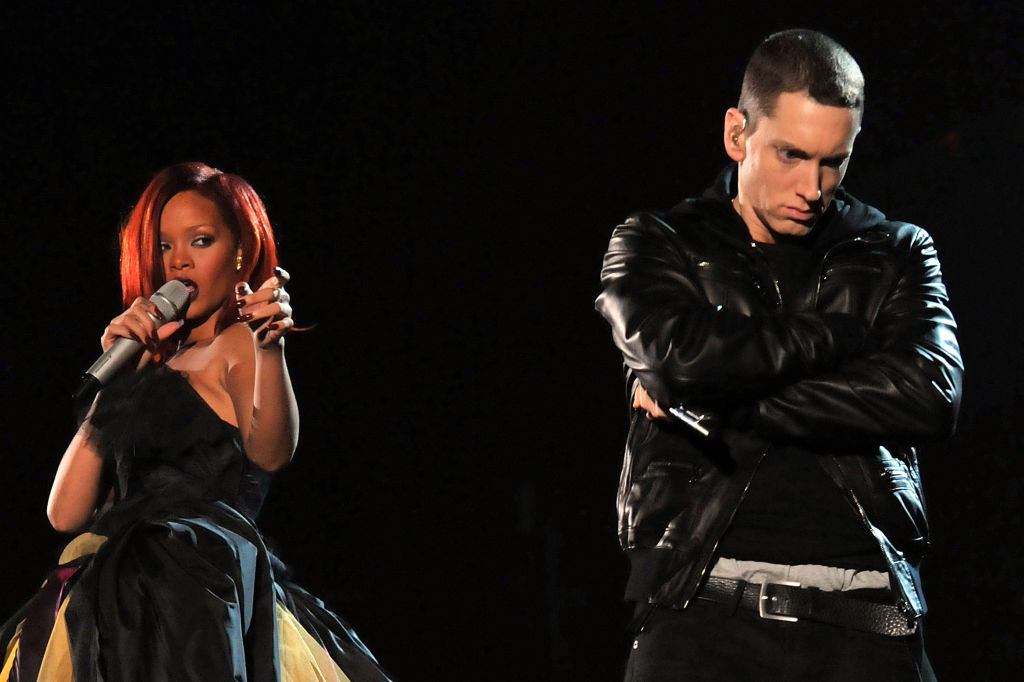
Some agree with him, saying that rap originated from African-American culture and thus should be represented and dominated by them.
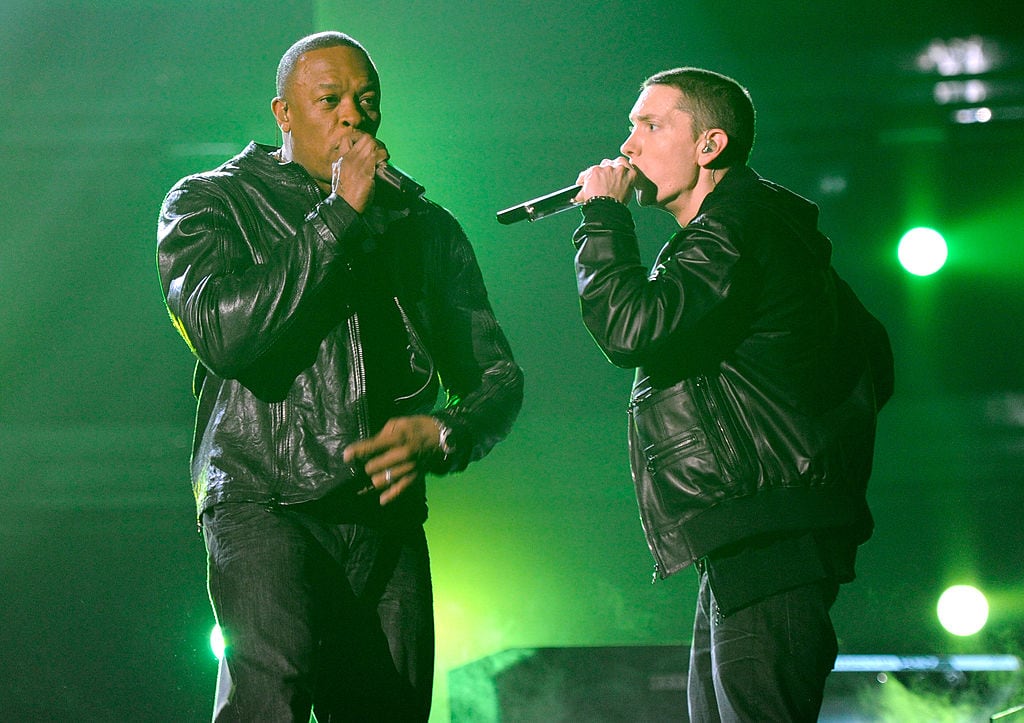
Others argue that music knows no race or boundary; it’s universal. It’s about expressing oneself and connecting with others. If Eminem can do that brilliantly, then why can’t he be considered the greatest?
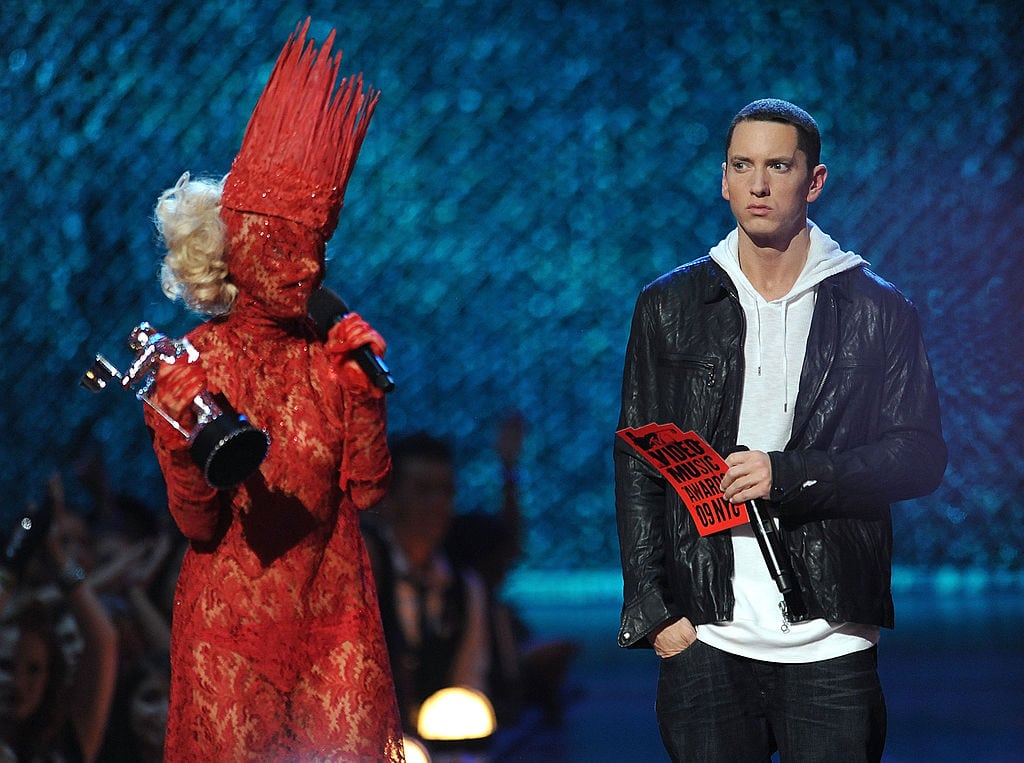
The debate is heating up. Is it Eminem’s race that keeps him from being considered the greatest rapper? Or is it simply Dr. Umar Johnson stirring the pot for some other reason? We don’t know for sure.
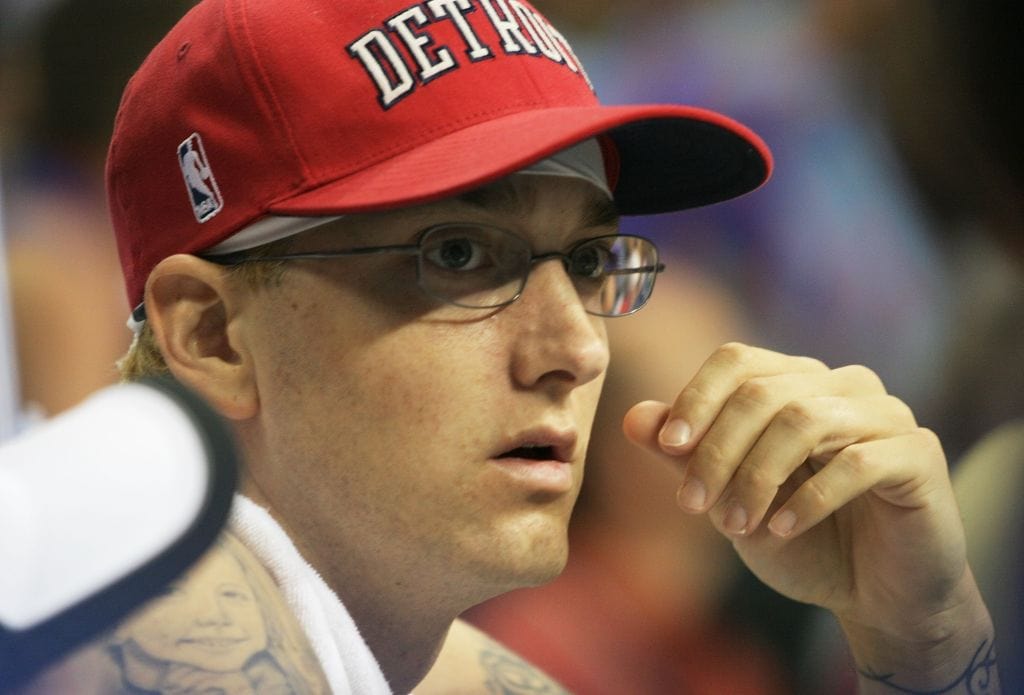
But one thing we do know is that this controversy has brought an important issue into light… race and its place in music.
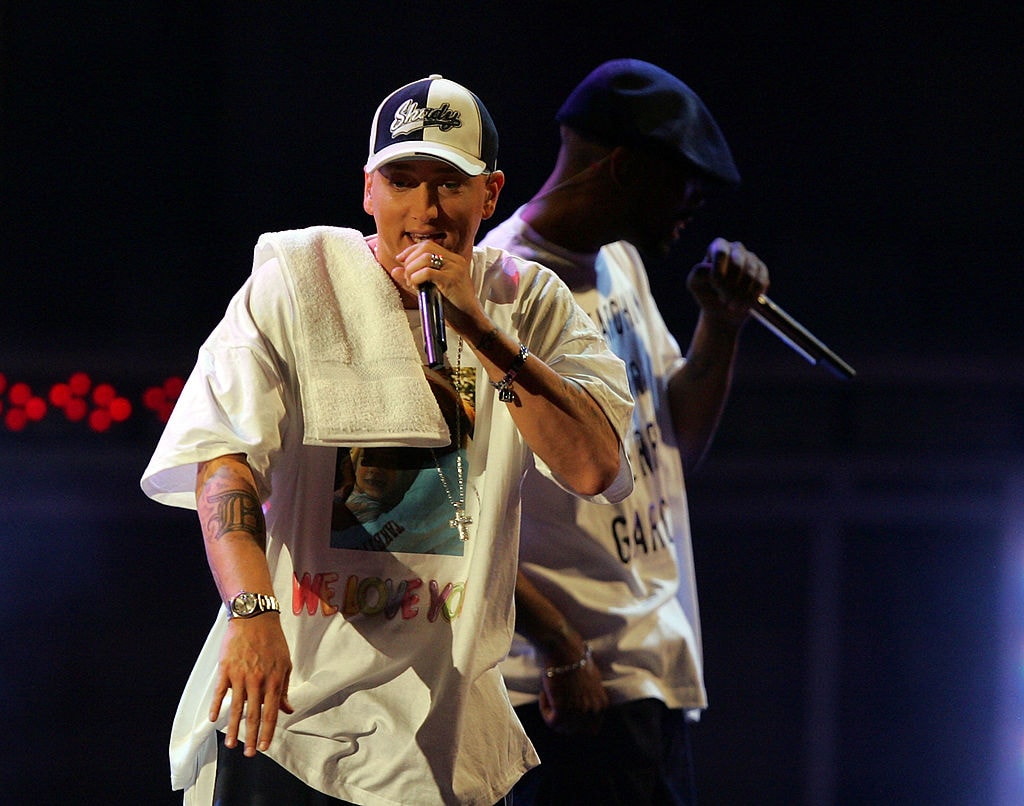
What might be great for one person might not be for another. So whether Eminem is the greatest rapper or not will always be a matter of personal preference.
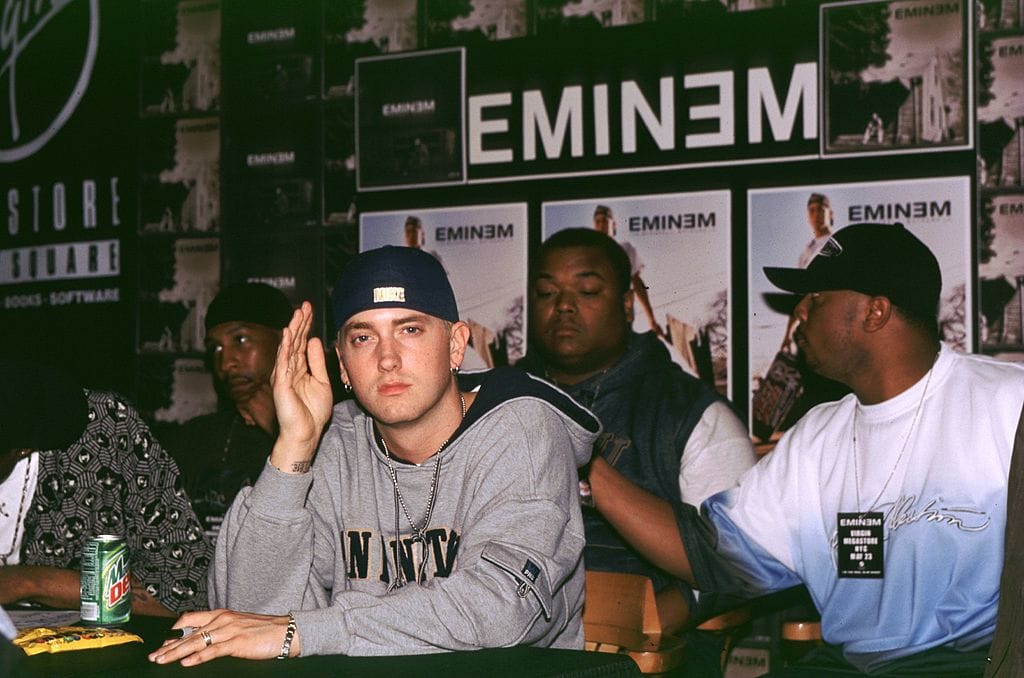
But one thing that cannot be denied is his immense talent and contribution to music industry.
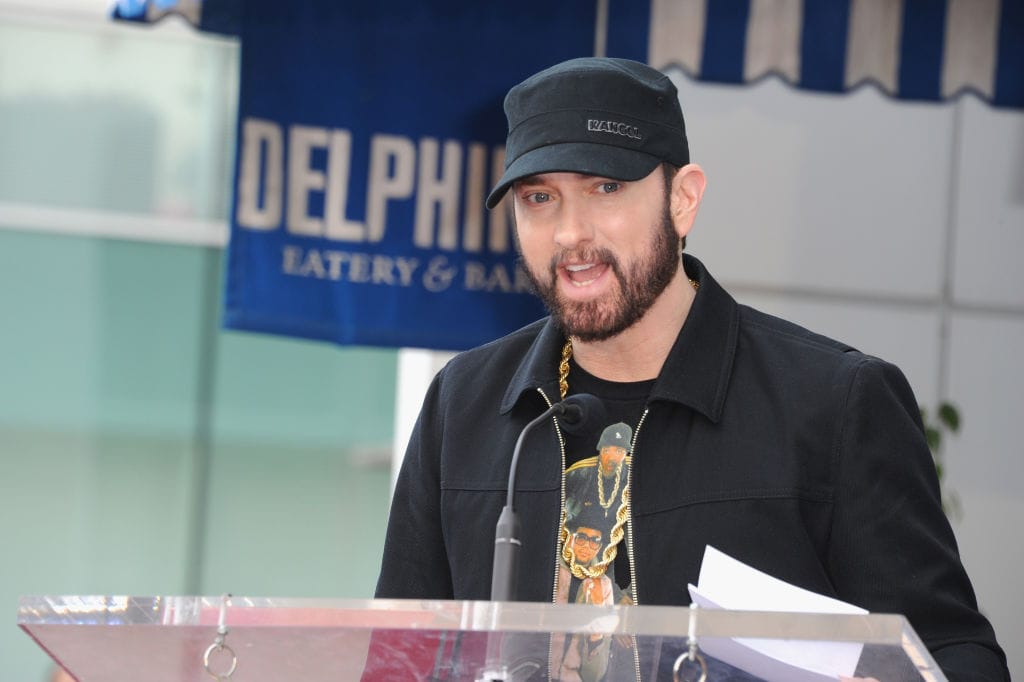
Whether you agree with Dr. Umar Johnson or not, you cannot ignore Eminem’s significant impact on rap music.
The Infamous Track: ‘Cleaning Out My Closet’

In 2002, Eminem released a track that would become one of his most iconic yet controversial songs – ‘Cleaning Out My Closet’.

The lyrics of the song revolve around Eminem’s tumultuous relationship with his mother, Debbie Mathers.

The song features Eminem venting his anger and resentment towards his mother, accusing her of being selfish and wishing her to ‘burn in hell’.

He also claims that she was dependent on prescription pills and vows never to let her meet his daughter, Hailie.

Debbie and Eminem’s relationship at the time was indeed fraught, leading Debbie to file a lawsuit against him for slander and defamation in 1999.

The lawsuit was settled for a fraction of the original claim, but the damage was done. The relationship between mother and son was strained, to say the least.
The Song Eminem Regrets

Despite being known for his controversial lyrics and hard-hitting disses, Eminem has since distanced himself from ‘Cleaning Out My Closet’.

The rapper has expressed his regret for the song and has even stopped performing it at his live shows.
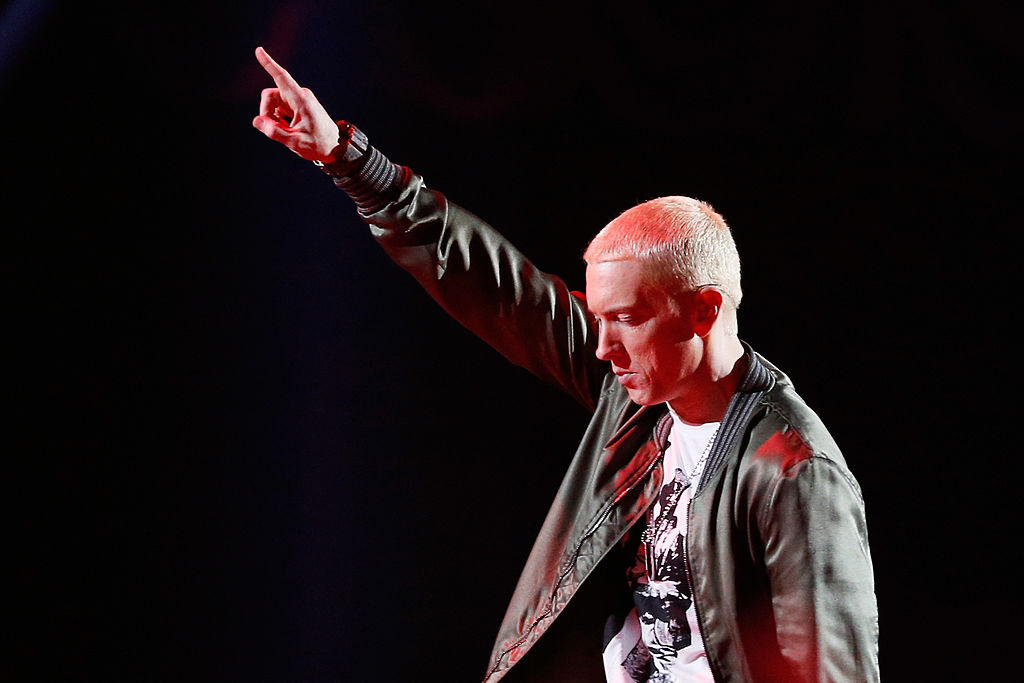
The reason for Eminem’s change of heart is not due to any legal repercussions, but rather a personal realization.
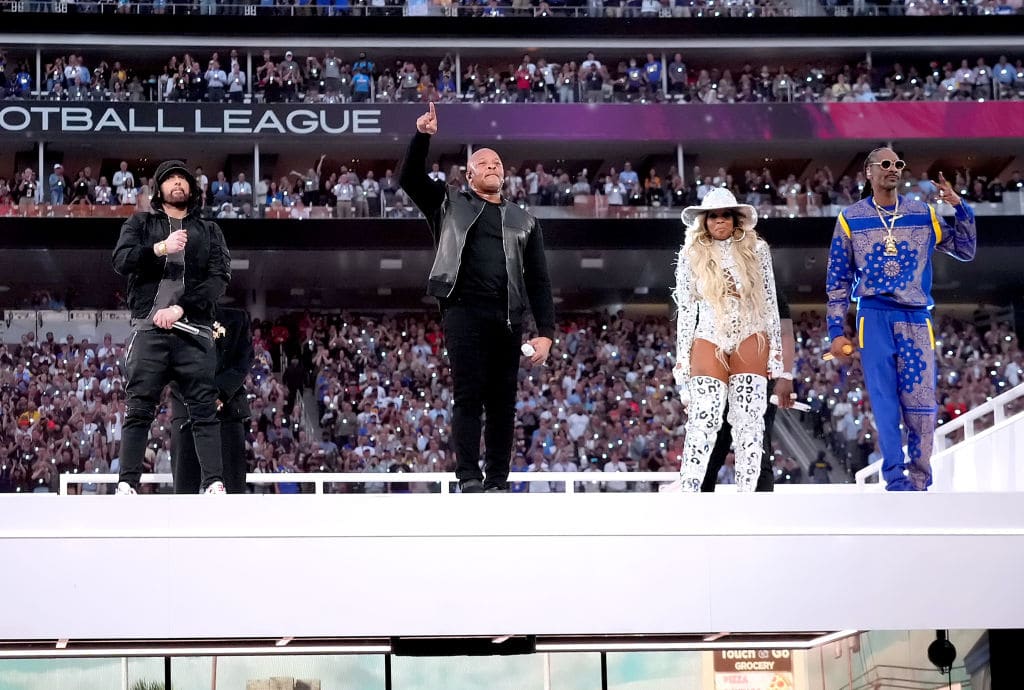
The rapper has since acknowledged the harshness of his words and the damage they may have caused.
The Apology: ‘Headlights’
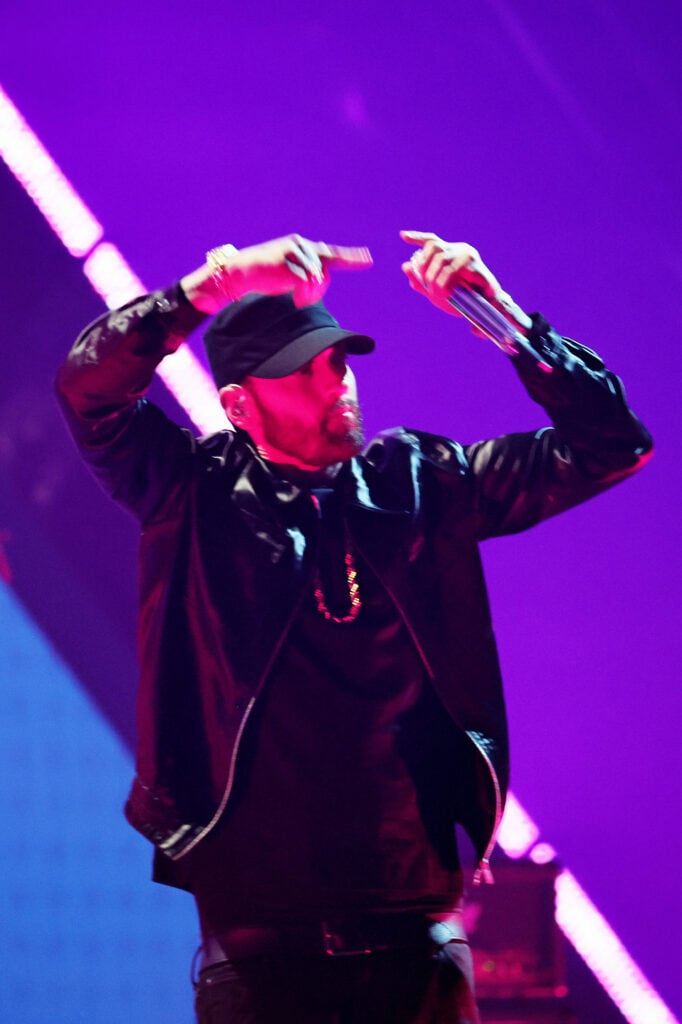
In a surprising turn of events, Eminem released an apology track in 2014, called ‘Headlights’.
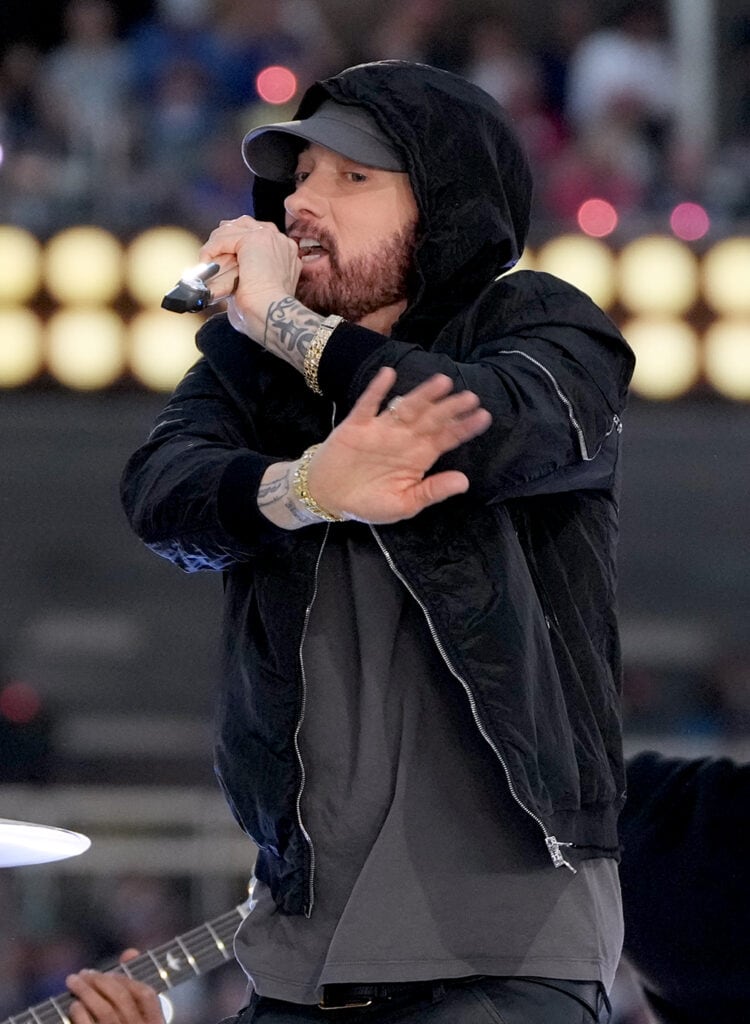
The song serves as a public apology to his mother and an explanation of why he chose to abandon ‘Cleaning Out My Closet’.

The track begins with Eminem acknowledging the harshness of his past words, questioning whether he took things too far.
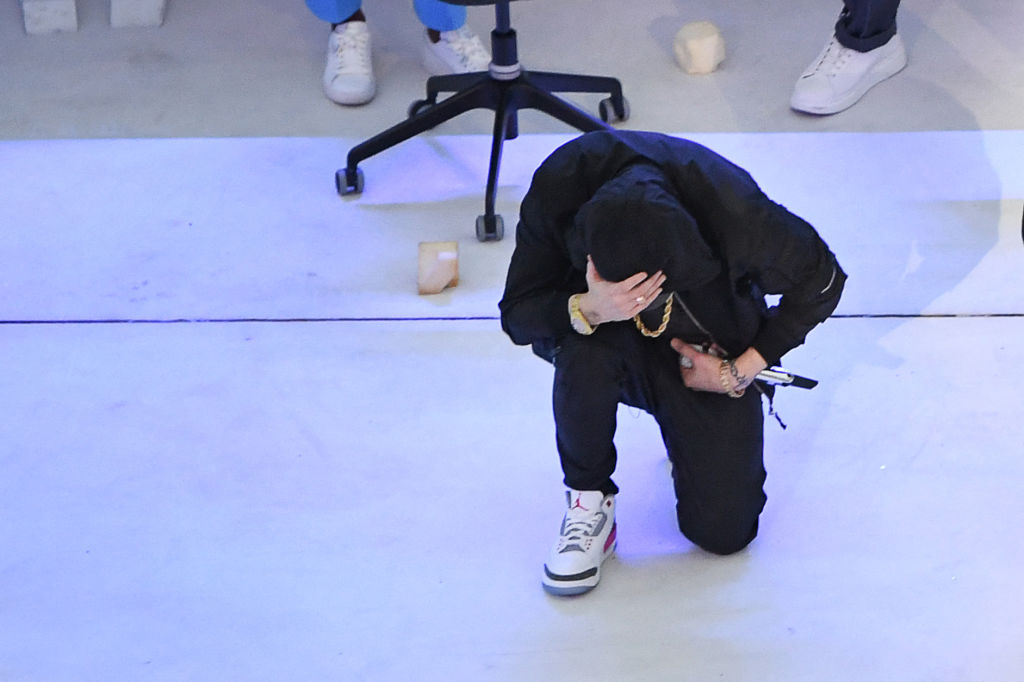
He goes on to express his regret and apologizes to his mother for the pain he may have caused her.

The lyrics of the song reflect a maturity and growth in Eminem’s character, signifying his evolution as an artist and as a person.
The Future

Despite the controversy and the past regrets, Eminem has shown a remarkable ability to grow and evolve.

His apology in ‘Headlights’ is a testament to his ability to acknowledge his past mistakes and make amends.
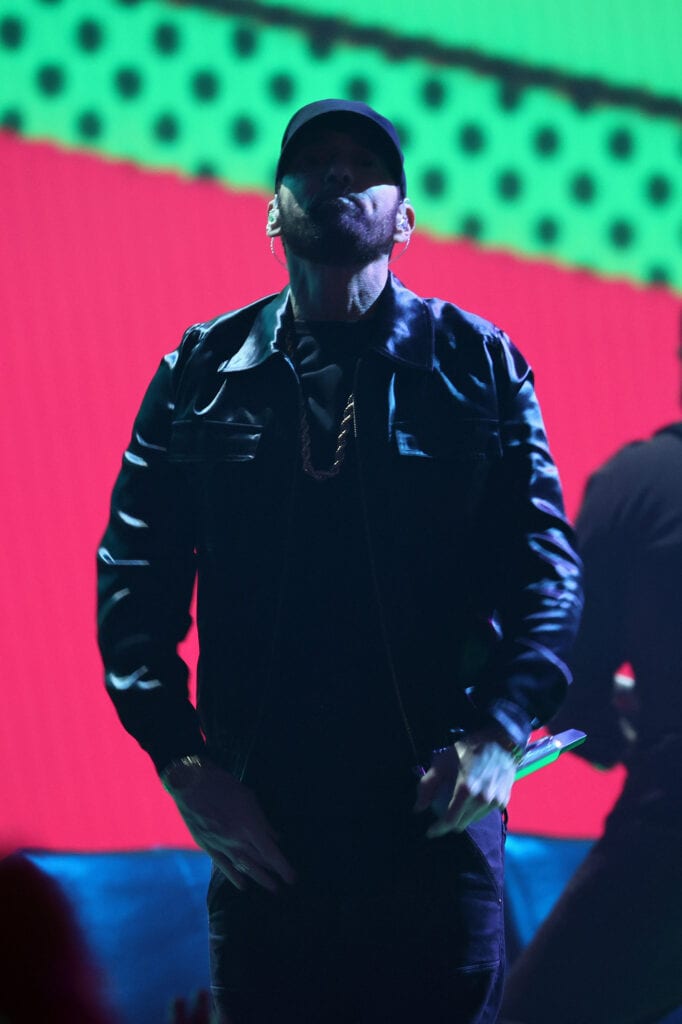
Today, Eminem is still considered one of the greatest rappers of all time.

His journey from the controversial ‘Cleaning Out My Closet’ to the heartfelt apology in ‘Headlights’ is a testament to his evolution as an artist.

The future holds many possibilities for the Rap God, but one thing is for sure – Eminem has come a long way from the angry young man who penned ‘Cleaning Out My Closet’.
